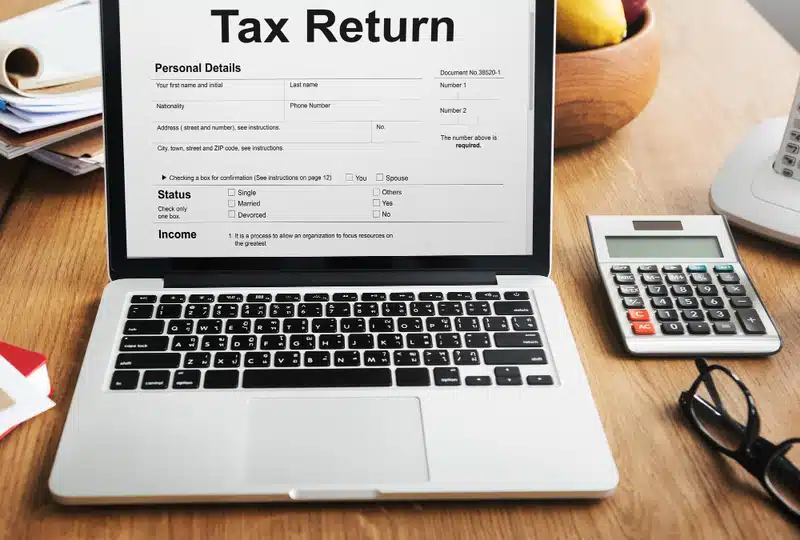A Comprehensive Guide to Completing Your Personal Tax Return in Sydney
Introduction
Tax season can often feel like navigating a maze for many individuals, especially in a bustling city like Sydney. With its diverse population and varied financial situations, understanding how to efficiently complete your personal tax return can alleviate stress and ensure compliance with Australian tax laws. Whether you’re a resident, non-resident, or new to navigating the tax system, this guide aims to provide a comprehensive overview of the steps required to complete your personal tax return in Sydney.
Understanding Your Tax Obligations in Sydney
Before delving into the process of completing your tax return, it’s crucial to understand your tax obligations as a resident or non-resident in Sydney. Australian residents are generally taxed on their worldwide income, while non-residents are taxed only on their Australian-sourced income. Various factors such as residency status, sources of income, deductions, and exemptions can impact your tax liabilities.
- Gathering Essential Documents
- To streamline the tax filing process, ensure you have all necessary documents at hand. These may include:
- Payment summaries or income statements from employers.
- Statements of any interest earned from bank accounts.
- Dividend statements from investments.
- Records of any rental property income or expenses.
- Details of any government payments received.
- Receipts for work-related expenses and deductions.
Utilizing Tax Deductions and Offsets
Understanding eligible deductions and offsets is key to minimizing your tax liability. Sydney residents can claim various deductions, including work-related expenses (such as uniforms, equipment, or education), charitable donations, medical expenses, and more. Additionally, tax offsets like the Low and Middle Income Tax Offset (LMITO) can help reduce the amount of tax payable.
Filling Out the Tax Return Form
The Australian Taxation Office (ATO) provides different methods for filing tax returns, including online portals, tax agents, or paper forms. For individuals with straightforward tax affairs, the myTax online platform offers a user-friendly interface to input relevant information. Be meticulous when entering data to avoid errors that could lead to delays or complications.
Navigating Complex Situations
Some individuals may encounter complexities in their tax situations, such as multiple income sources, investment properties, foreign income, or capital gains. Seeking advice from a qualified tax professional or accountant in Sydney can provide invaluable guidance in handling intricate tax matters, ensuring compliance and maximizing deductions within legal boundaries.
Overcoming Common Challenges
Tax filing may pose challenges, including understanding complex tax laws, navigating changing regulations, or dealing with unexpected discrepancies. Staying updated with the latest tax reforms and seeking assistance from tax professionals can help overcome these hurdles, ensuring accurate and timely tax submissions.
Avoiding Penalties and Late Filing
Filing your tax return by the due date, usually October 31 for individuals, is crucial to avoid penalties and interest charges. Extensions may be available under certain circumstances, but timely filing remains essential. Keeping meticulous records, staying organized, and seeking assistance if needed can prevent unnecessary stress associated with late filing or inaccuracies.
Conclusion
Navigating the process of completing a personal tax return Sydney requires attention to detail, awareness of tax obligations, and an understanding of available deductions and offsets. Whether you’re a seasoned taxpayer or facing complexities for the first time, seeking guidance from tax professionals and utilizing available resources can ensure compliance with Australian tax laws while optimizing your tax return. By staying informed, organized, and proactive, you can confidently tackle your tax obligations in Sydney, fostering financial well-being and peace of mind.









